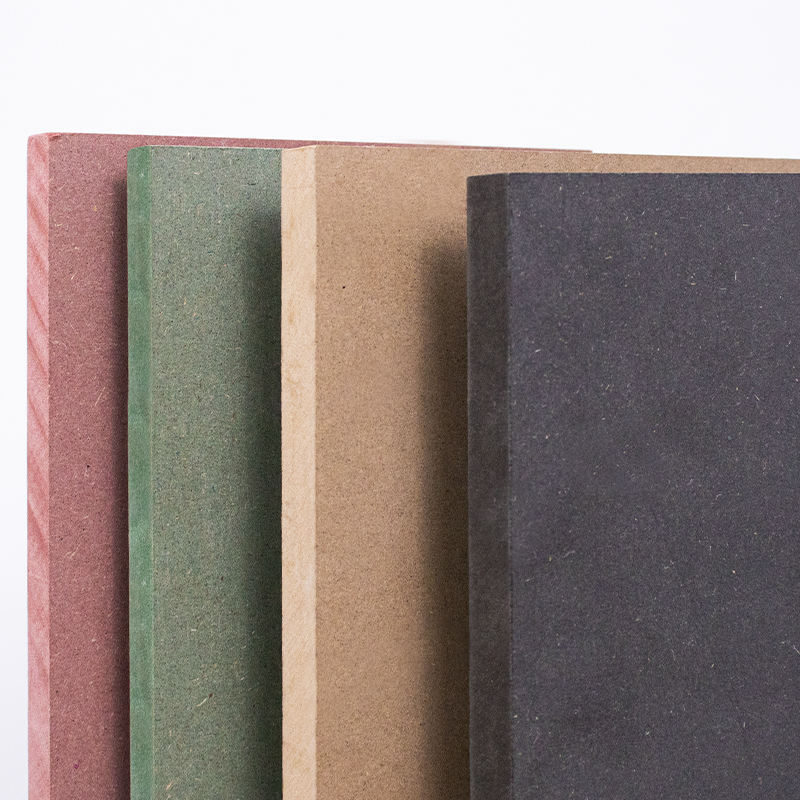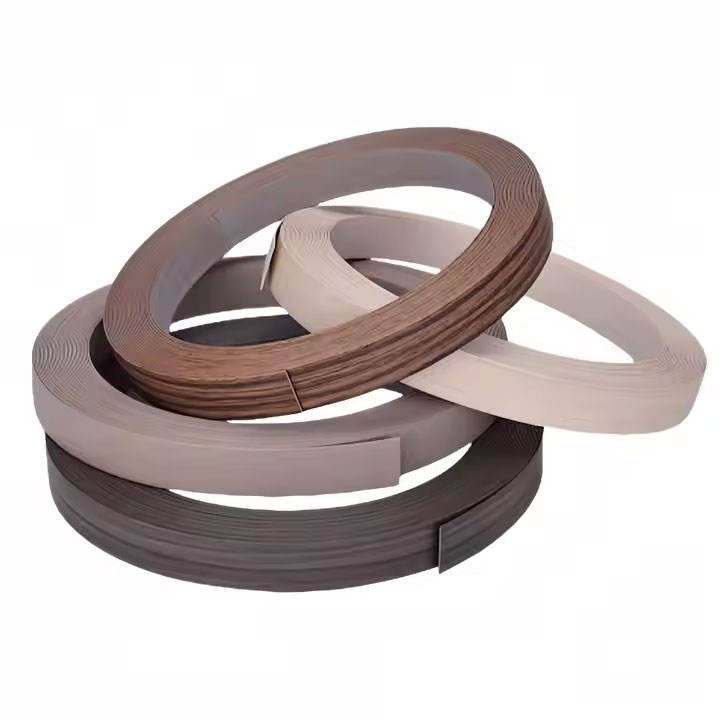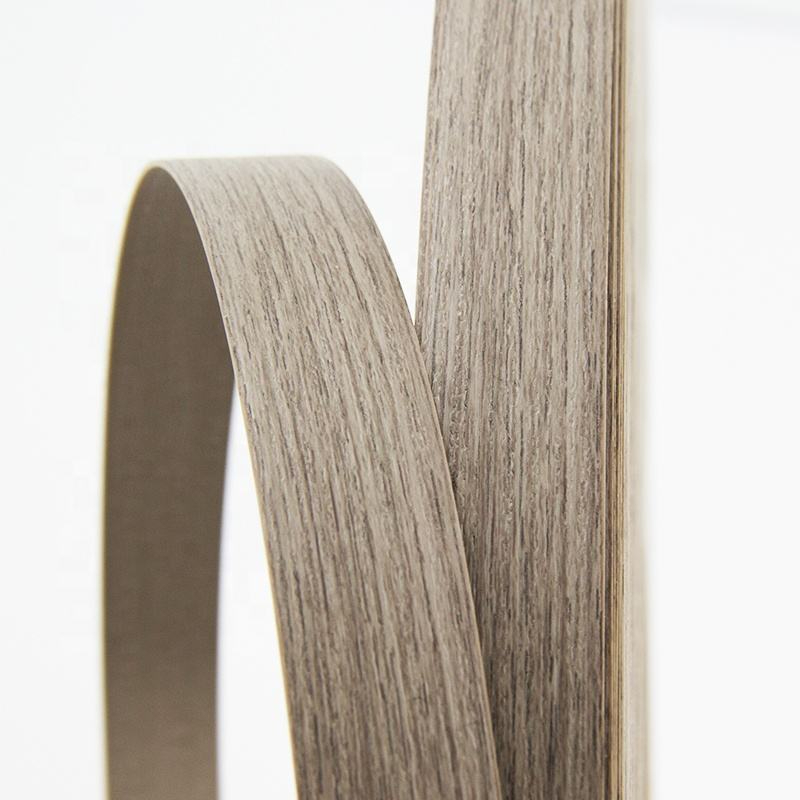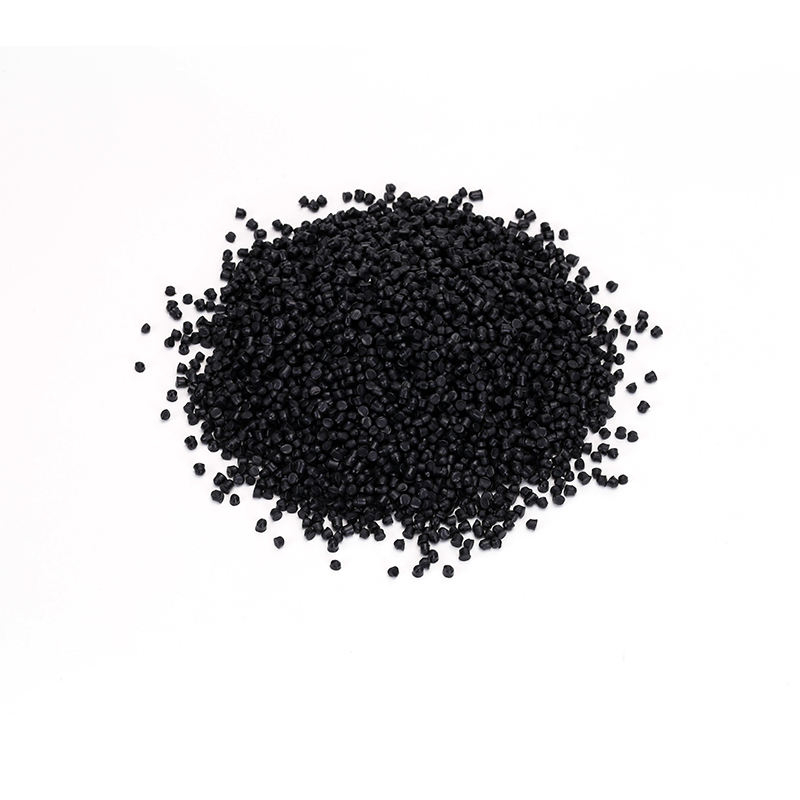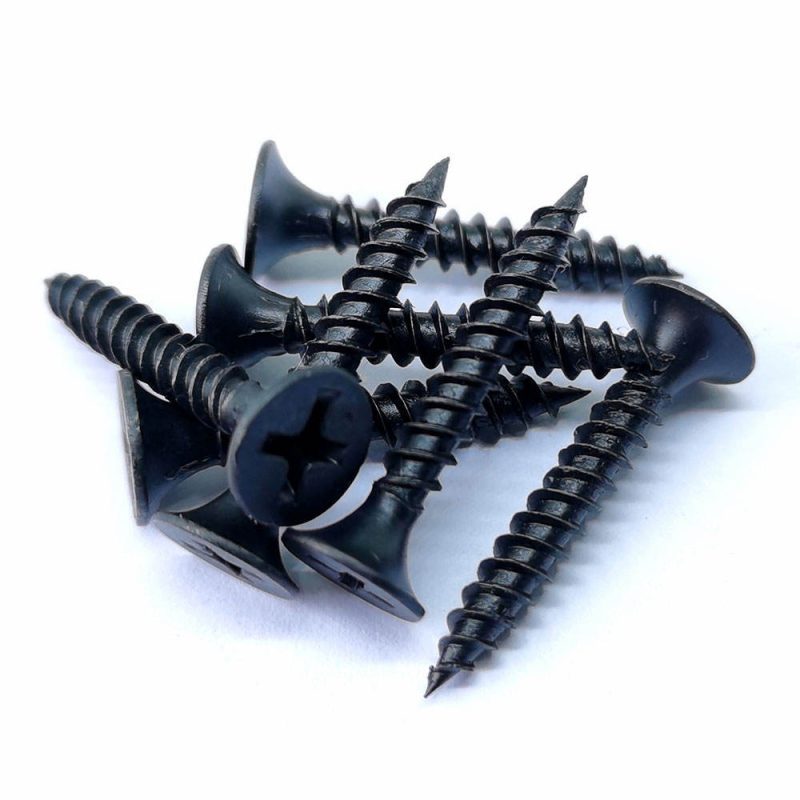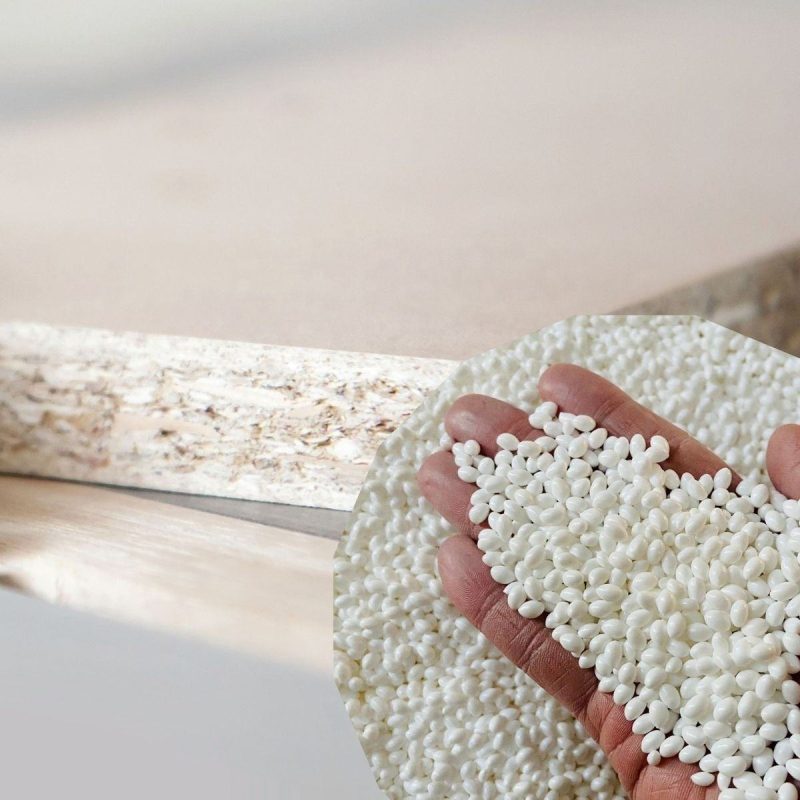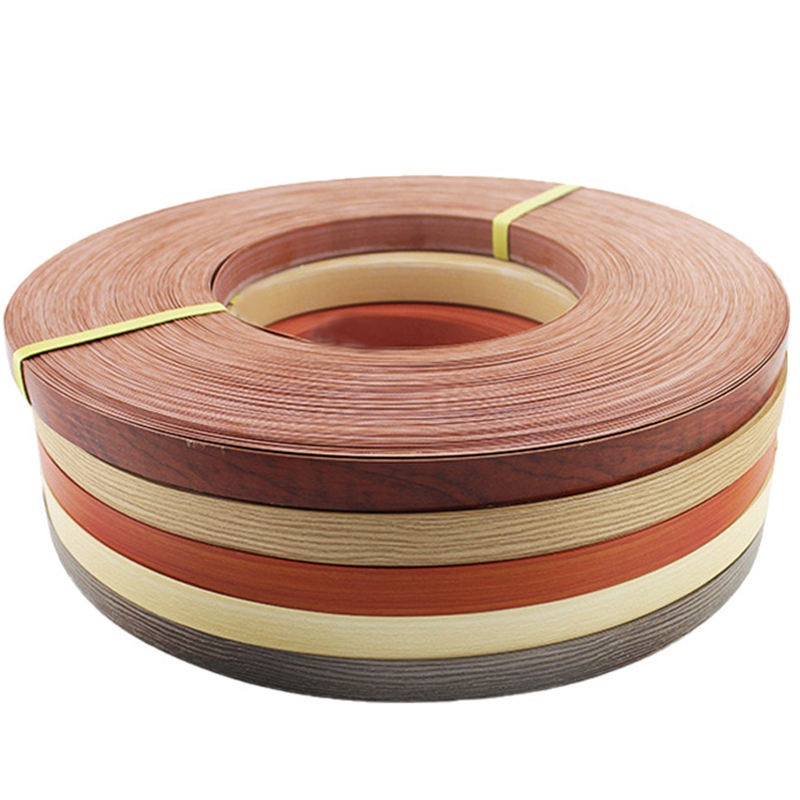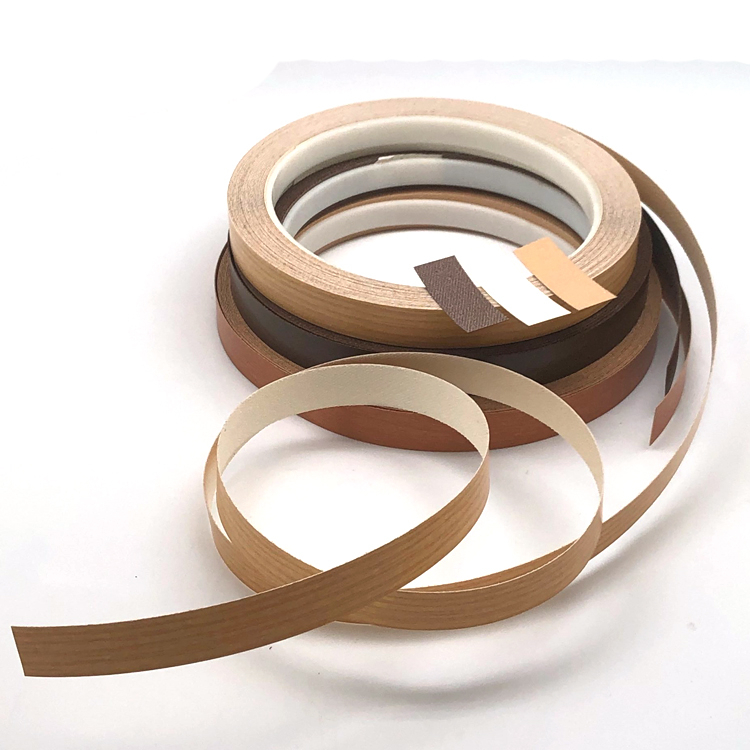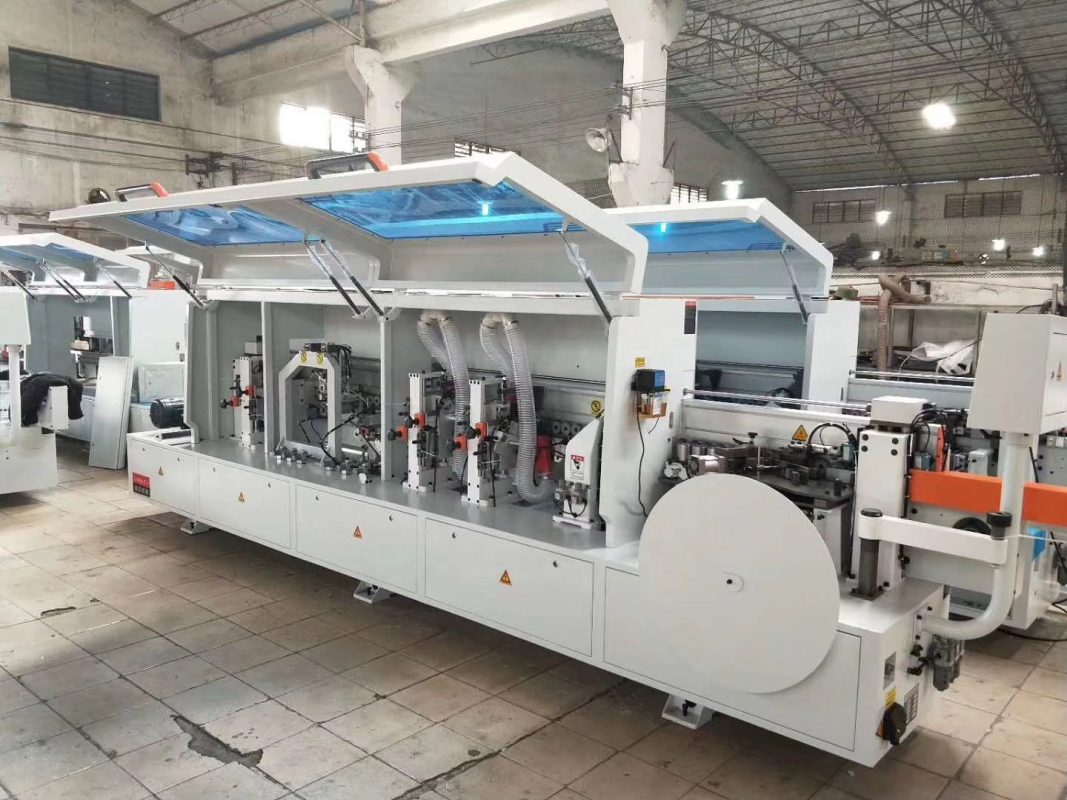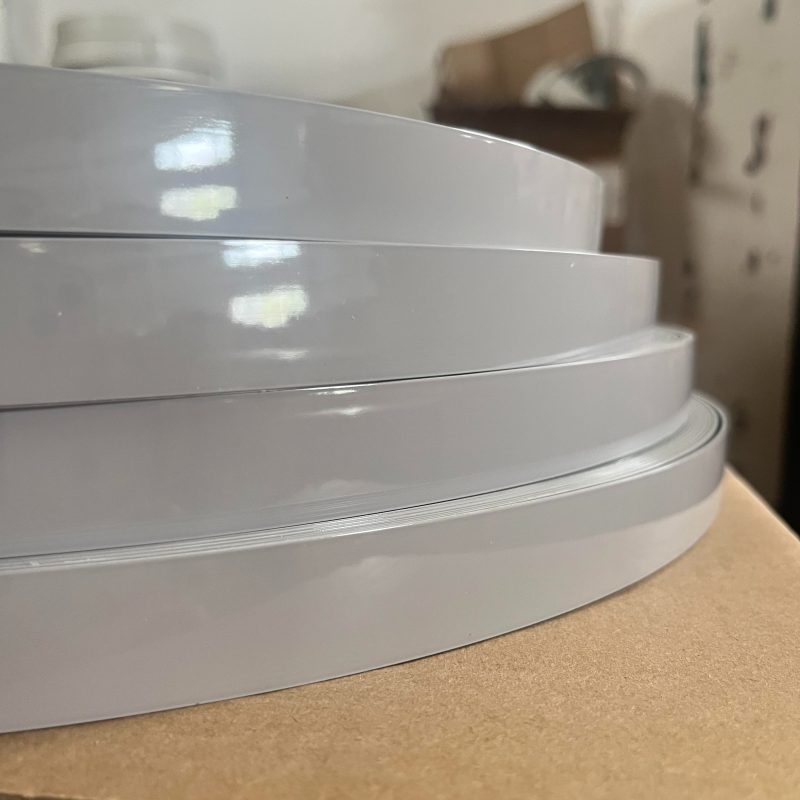Melamine is a popular material in cabinetry, furniture, and panel production due to its smooth surface, durability, and affordability. However, when it comes to bonding materials like epoxy to melamine, many fabricators and DIYers encounter challenges. So, will epoxy stick to melamine? The short answer is: not easily, but it can — with the right […]
Author Archives: Zhi Shang edge banding manufacturer
Introduction Plywood edge banding is a crucial component in furniture and cabinetry manufacturing, providing a finished look while enhancing the durability of plywood panels. But how long does it last? Is it strong enough to withstand daily wear and tear? In this article, we’ll dive into the durability of plywood edge banding, factors that affect […]
Edge banding is an essential part of many woodworking projects, providing a clean, professional finish to raw edges of plywood, MDF, or particleboard. However, if you’ve ever experienced issues with edge banding not sticking, it can be frustrating and costly. In this article, we’ll explore the common reasons why your edge banding may not be […]
When it comes to edge banding materials, two of the most popular options are ABS (Acrylonitrile Butadiene Styrene) and PVC (Polyvinyl Chloride). While both materials are commonly used in various industries, particularly in furniture and cabinetry, ABS tends to be more expensive than PVC. But what makes ABS costlier, and what factors influence this price […]
When selecting the proper screw length for 3/4″ plywood, it’s essential to ensure that the screw is long enough to provide a secure hold without going all the way through the material. A general guideline is: For attaching 3/4″ plywood to wood framing (e.g., 2x4s), a screw length of 1 1/4″ to 1 1/2″ is […]
What Type of Edge Banding Glue Should You Use? Edge banding glue is an essential component in the furniture manufacturing process. It secures the edge banding material to the substrate, ensuring a polished and durable finish. Choosing the right type of glue can make a significant difference in the quality and longevity of the final […]
Edge banding is a manufacturing process in which a thin strip of material is applied to the raw edges of furniture panels, such as those made from MDF (medium-density fiberboard), particleboard, plywood, or other composite materials. This process is used to cover the exposed edges of these panels, giving furniture a cleaner, more finished look […]
Selecting the right melamine edge banding is crucial for achieving a professional finish in your woodworking projects. Here are some key factors to consider when making your choice: Thickness: The thickness of the edge banding should match the material you’re working with. Common thicknesses range from 0.4mm to 3mm. For a seamless look, choose a […]
Edge banding is a crucial process in woodworking and furniture manufacturing that involves applying a thin strip of material to the edges of panels. This process enhances durability, aesthetics, and overall finish. Various machines are used for edge banding, each designed to cater to different production needs. In this article, we will explore the primary […]
Proper storage of edge banding is crucial to maintaining its quality and ensuring it remains in optimal condition for use in furniture and woodworking projects. Edge banding, typically made from materials like PVC, ABS, wood veneer, or melamine, can be sensitive to environmental factors such as temperature, humidity, and light. Here are some best practices […]

